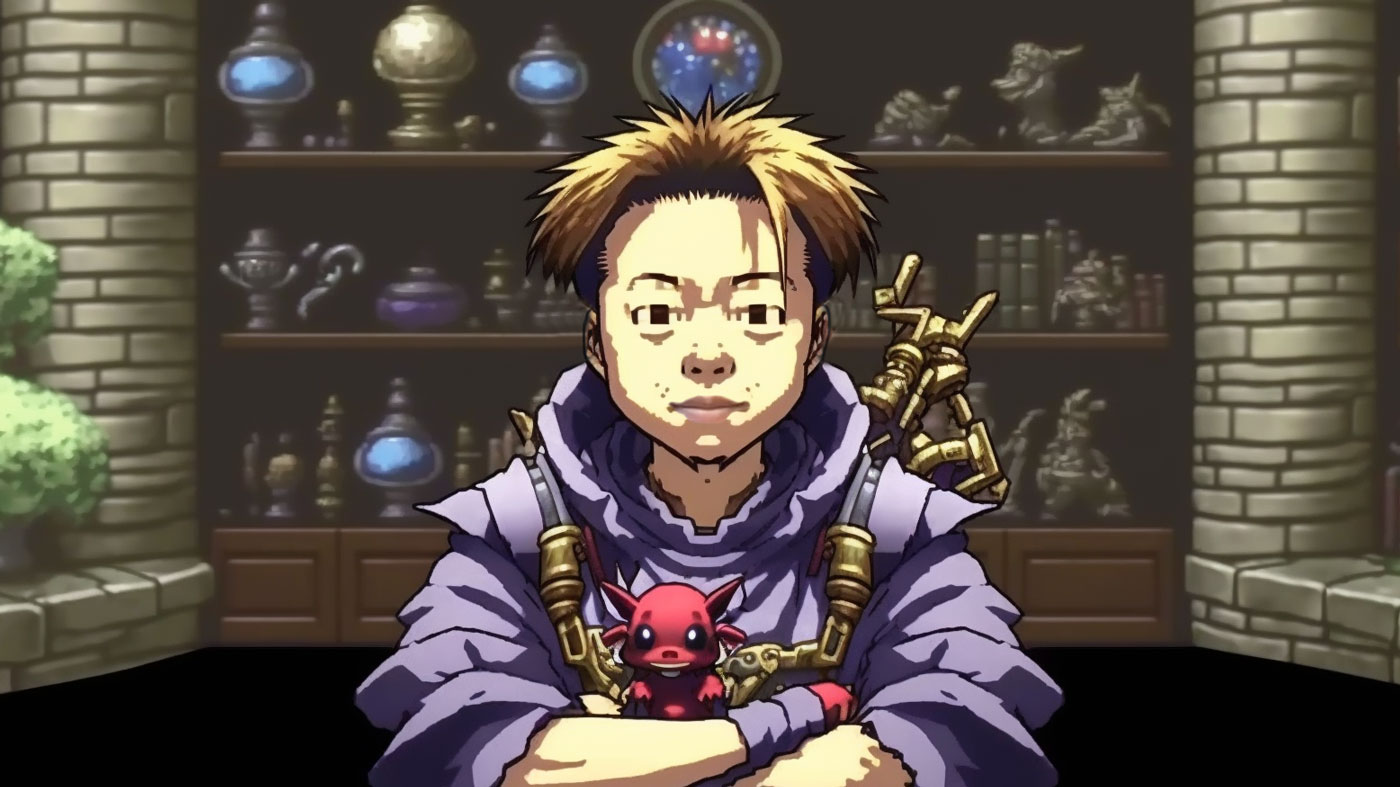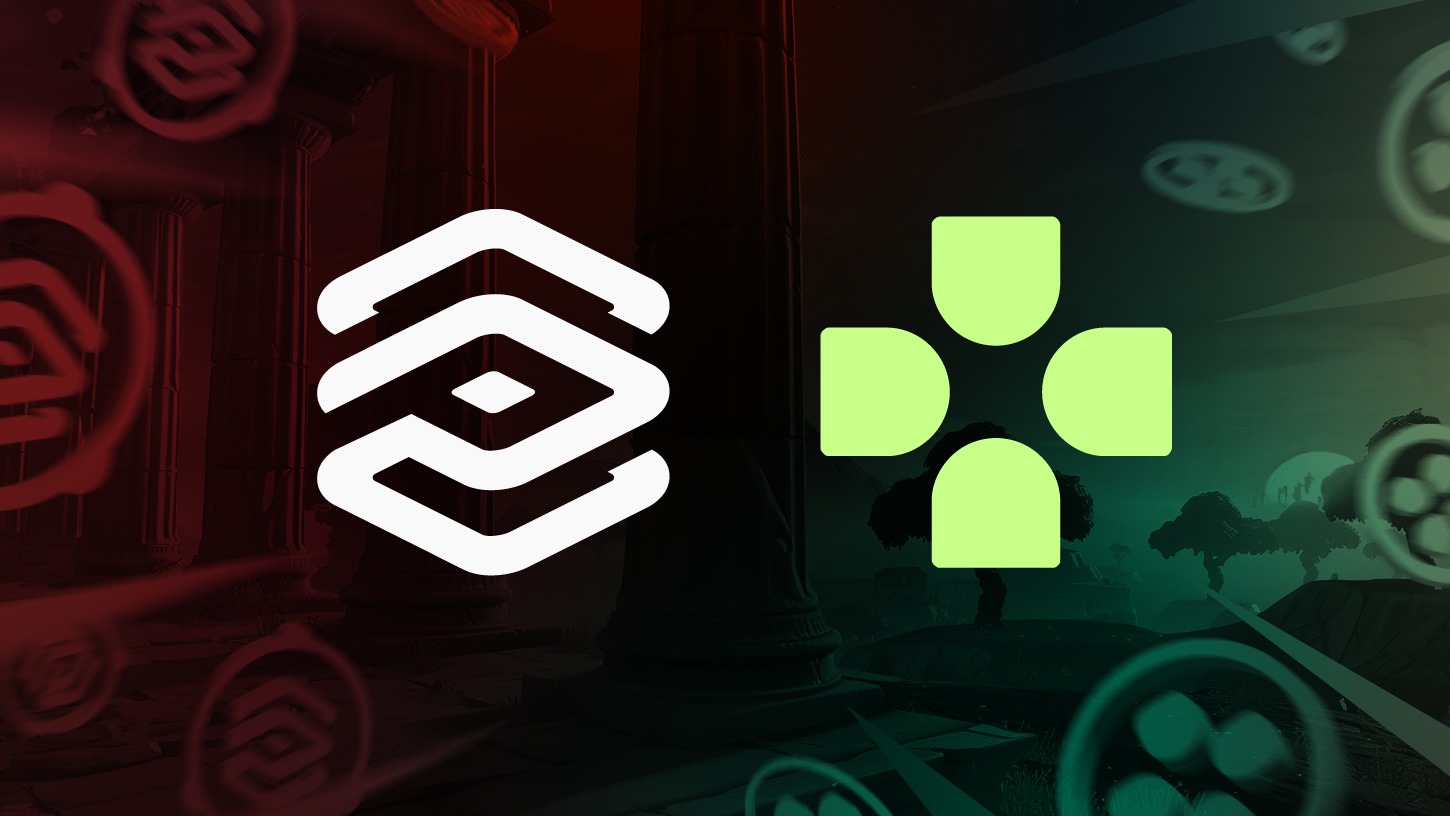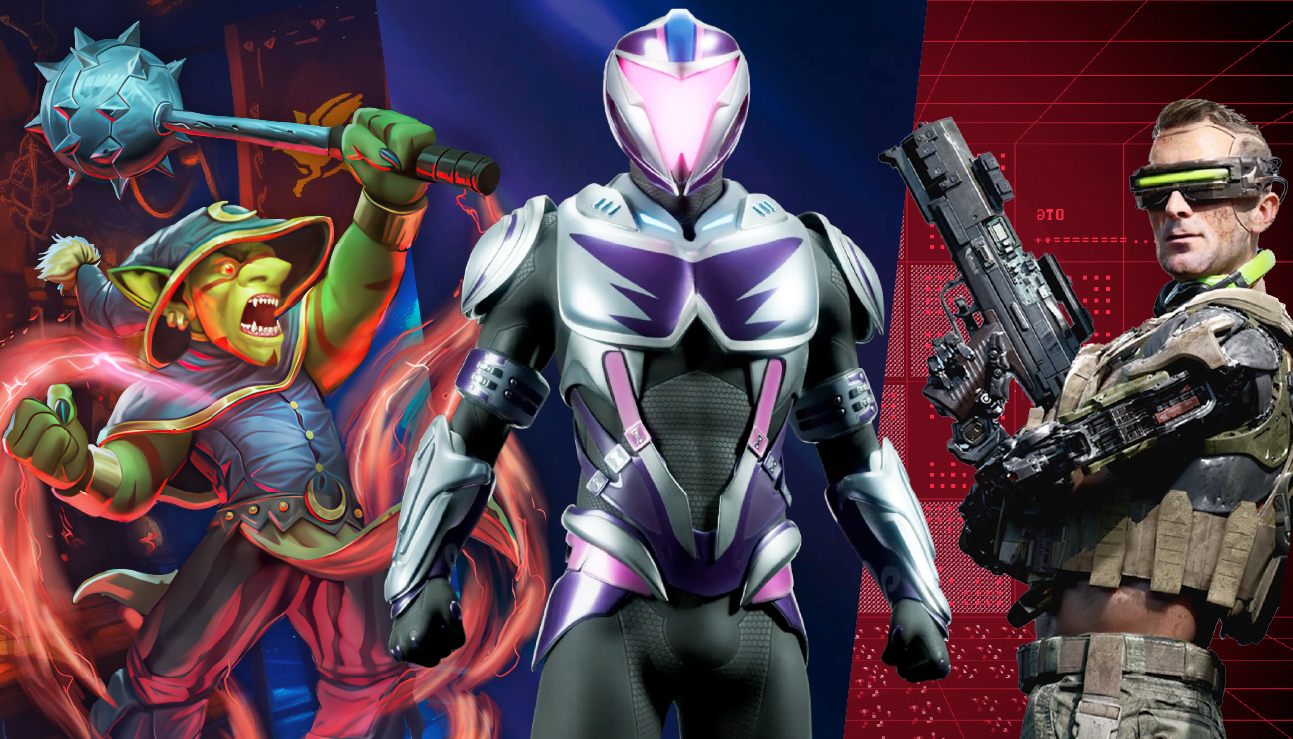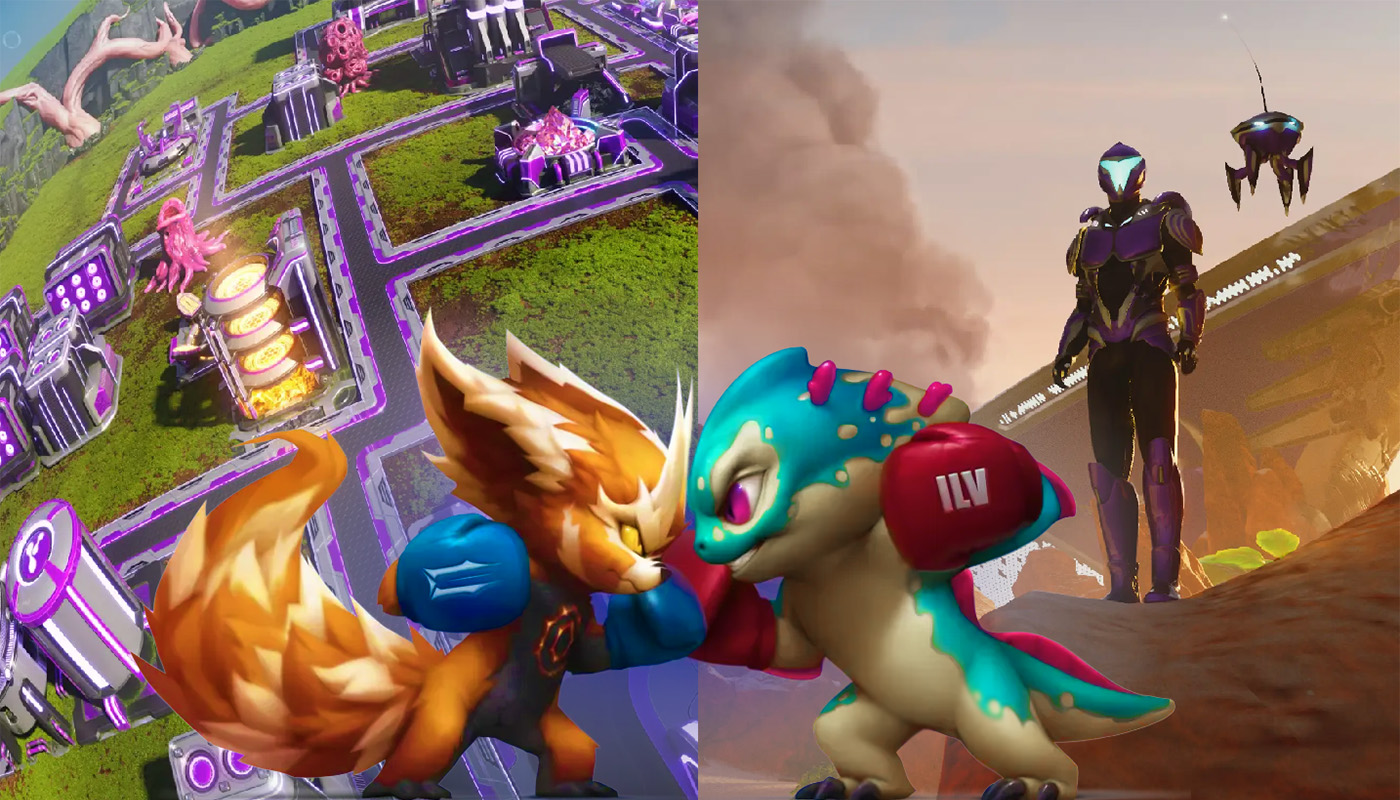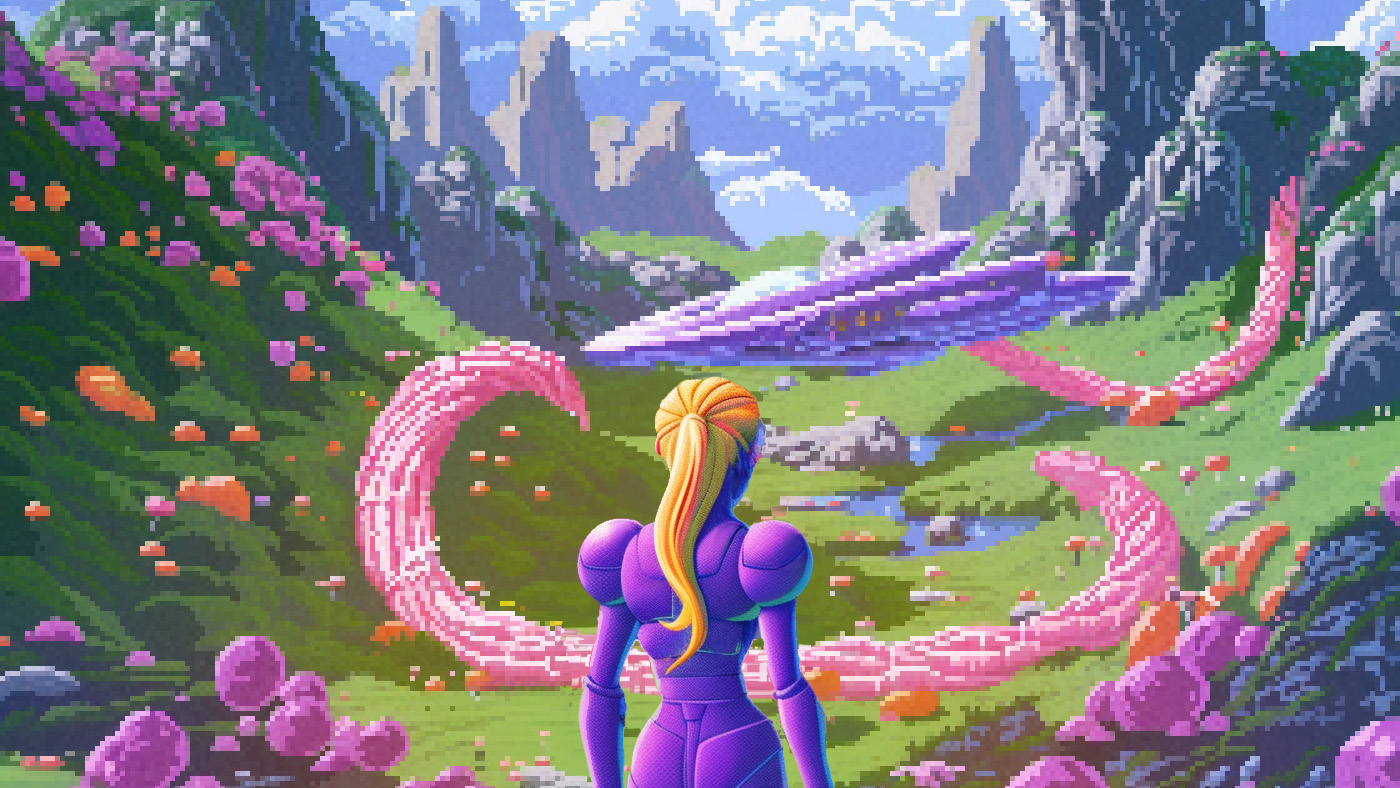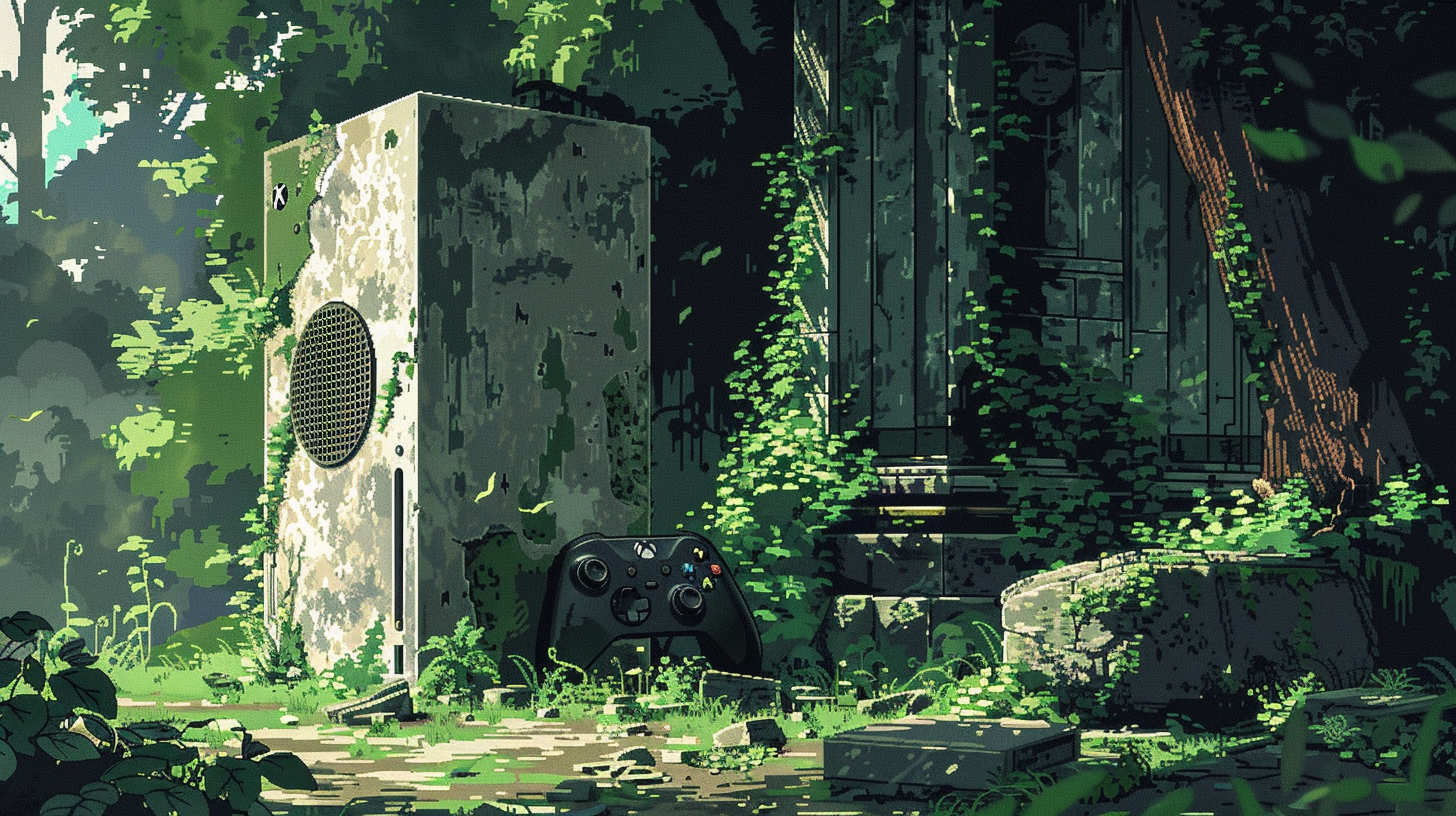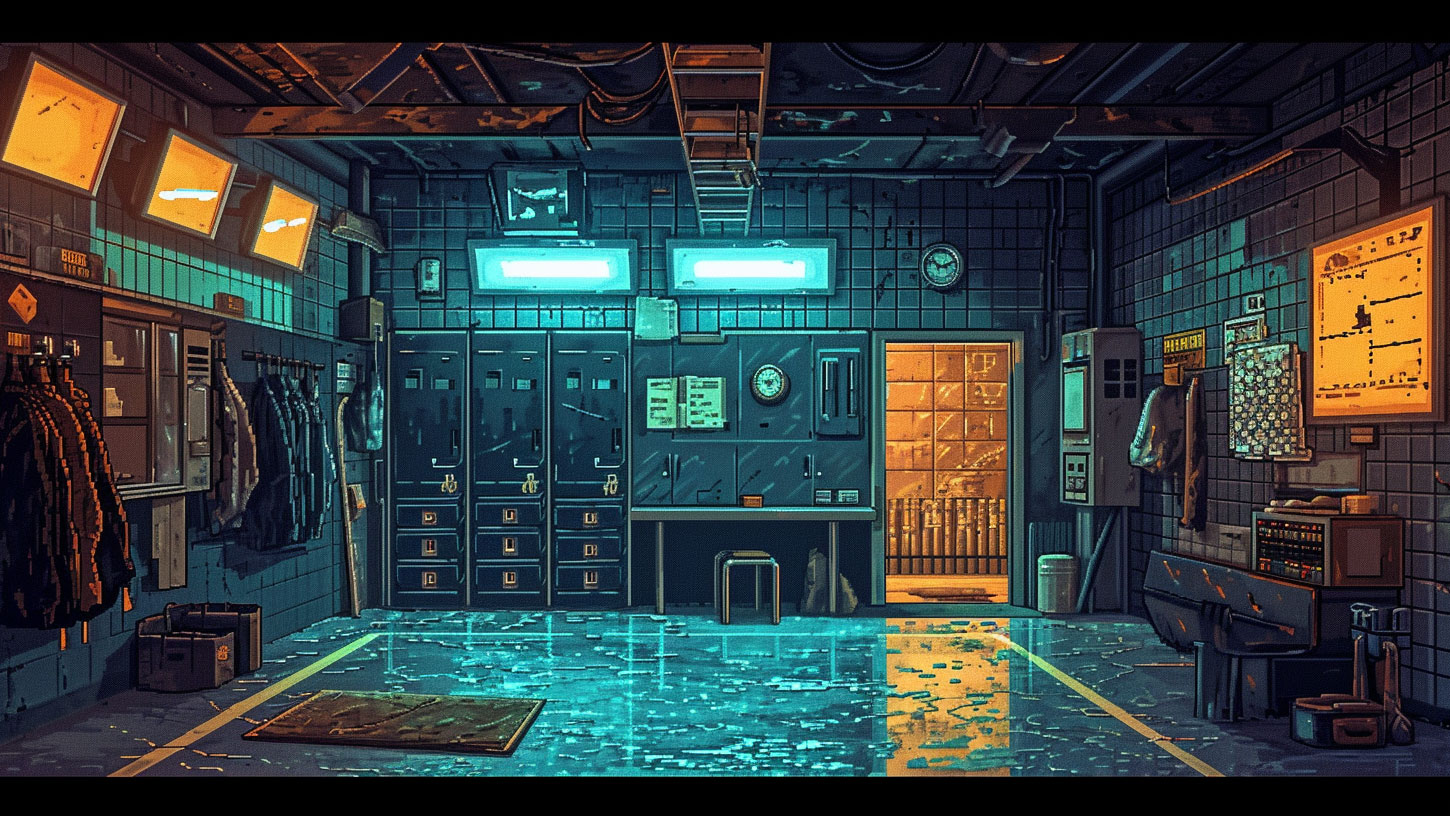Frank Cheng is an interesting mix of contrasts: brutally honest and incredibly optimistic, numbers man and naive gamer, cashed-up founder and humble community manager.
The force behind game studio Foonie Magus is remarkably candid about the progress and prospects of his blockchain god game Apeiron.
I sat down with Cheng in an interview that covered a great deal, including some news about the timetable: Apeiron will fully launch its battle mode “this summer” (northern hemisphere) according to Cheng.
Committing to this kind of clear deadline – even for just one game mode – is unusual in the blockchain world, but then Cheng is an unusual guy, as became clear during our conversation.
“We don’t use C-suite roles here. I’m the Lore Keeper. I’m the guy who founded everything and funded everything in the beginning. I spitball high concepts, then I mostly find people who are as crazy as me to fund the project or work on the project. I also run the Discord community.”
I ask him who does the tough stuff, like sacking people.
“We have two other co-founders. One is Orange [See] and the other is Gem [Ng]. Gem is more like the CTO and Orange is like the COO. He’s the one who sacks most of the people. I sack some people from the community. Orange is more the brains of the operation in terms of getting my high concepts off the ground, because my background isn’t in game development.”
The story behind Foonie
Something I’ve been wondering since I began covering blockchain games a few months ago is what “Foonie Magus” means. A celtic influence, perhaps?
That sets Cheng off on a mini detour. He explains that after founding a game company in Hong Kong in 2016, in the face of growing tensions between China and the US he moved to Singapore to set up a new corporate entity.
“Foonie Magus is a really random name we came up with … a lot of Chinese developers considered moving their publishing and headquarters to Singapore, and so we did as well, just to remain neutral in the whole geopolitical environment. And then we were thinking of a name.”
Cheng’s son had just been born, and his nickname was “Foonie”. Orange See liked the name and suggested they use that.
“Chrono Trigger was my favourite childhood game, and one of the more badass characters you can recruit in there was called Magus. So I combined the two.”
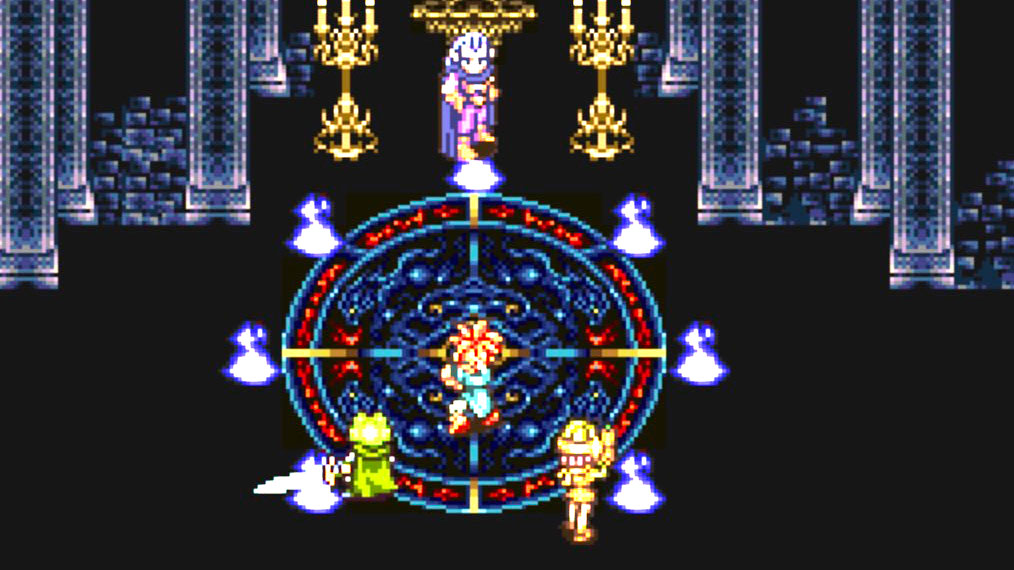
I will learn that Cheng’s answer to the question is typical: circuitous, whacky and from a journalist’s point of view, generous. His childhood passion for games, and his continuing love for games, comes through strongly. As we speak over a remote connection, I notice the toy figures and plushies lining the shelves behind him: he’s made his boyhood passion his life.
“When I first decided to venture into the game development industry, I had some dreams … During the year 2016 the tech markets were booming, the venture capitalists were entering, and China was opening up. So there were a lot of opportunities. At the height of this I was looking into mobile gaming.”
Cheng explains that he got into mobile because after playing desktop games competitively – “I was one of the top 50 players in StarCraft” – he found he had no time for desktop games when he began working in earnest. He was a management consultant and then venture capitalist in Hong Kong.
“I played mobile games because of the fragmented game time … but I wanted to develop something new, absolutely new on mobile because back then I played on all the mobile games, paid a lot of money. But I found these games to be incomplete.”
“I was given the opportunity, met the right people to start my own company.”
Rediscovering god
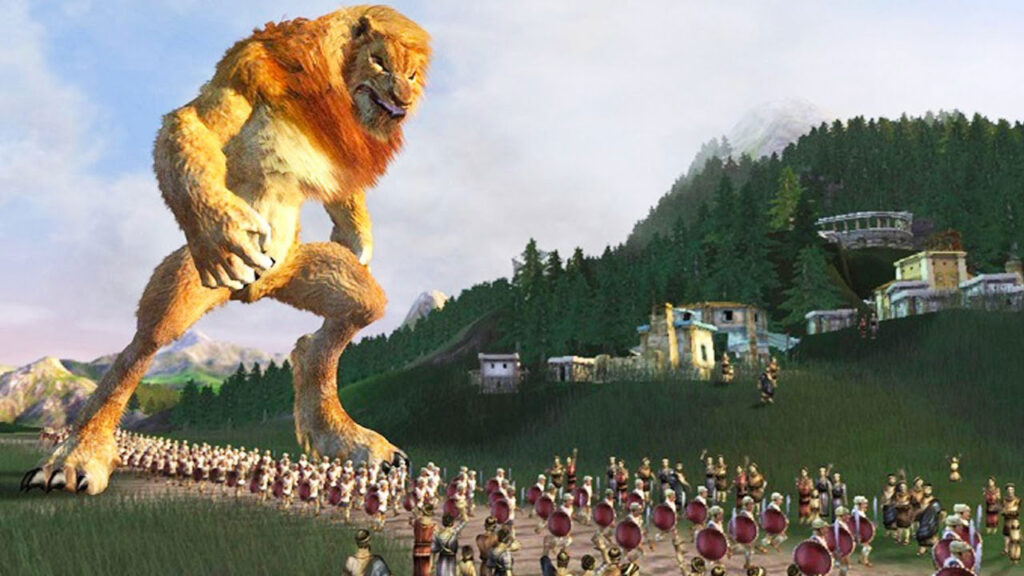
A genre he enjoyed playing in his younger days had become unfashionable: the god game. The idea for Apeiron was born, but had not yet taken its final form. For that, Cheng and his co-founders had to discover blockchain gaming.
“We were always exploring different game play business models. Blockchain came along … Orange pushed for Apeiron to become a blockchain game really early, like in 2018, but I was too skeptical back then.”
That changed in 2020 when they began playing Axie Infinity, and actually began making money from it.
“We were looking into the game and we bought a whole bunch of Axies. I think we owned 2% of all Axies back then. Then we looked into the game design … we studied … and pretty much found out how they were balancing everything … we looked at the whole tokenomics, we saw a lot of flaws.”
At the time they had already begun building the first version of Apeiron.
“For Apeiron we redesigned everything. We kept the core mechanisms, the god game and the card-based battle, but we incorporated the breeding … we changed the two-token model and remodelled a lot of the utility around the gameplay and also the potential of moving on to an MMO [massively multiplayer online game] structure.”
Do you have to understand the game’s complicated, three-token economics to play the game?
“To play the game, definitely not. For most user journeys in the game, everything starts from the tutorial … the best way to [initiate] users into on-chain functions is to incorporate the on-chain function as part of the game narrative, as part of the tutorial, so they become accustomed to their resources and tokens one by one, and how they actually work.”
A complexity problem
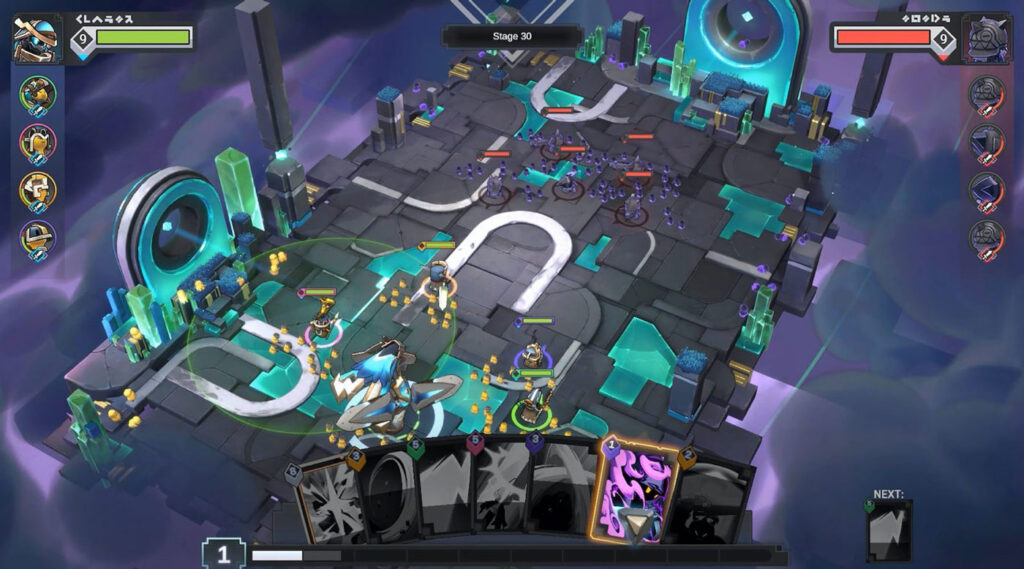
A problem for Cheng and his team comes in with trying to get across the web3 game mechanic to players who are primarily interested in that aspect of the game.
“It’s like watching a World Of Warcraft player going into a raid. If you have seen the raid UI [user interface] … you’re trying to throw in a new user there, looking at all four rows of the buttons … it’s absolutely confusing for a lot of people because they don’t get to experience each mechanic themselves.”
“This is one of the main things that we are really struggling with right now … for people in the web3 space right now, they want to look at the project as a whole. They want to see what’s down the road. They try to digest everything, and it often ends up with people absolutely confused.”
I sympathize. Apeiron is a heady mix of godlings, underlings (called “doods”), planets, stars, dungeons and in-game currencies (the tokens). We’ve been pondering it for a while within Polemos, and while the game experts like Caveman seem to have a grasp, I can’t say it makes intuitive sense to me.
My pet theory about other similarly complex games is that they intentionally obfuscate in order to keep players guessing about economic dynamics, preventing a clear understanding of who is bankrolling the system or how to get ahead.
It’s hard to see the idealist in Cheng getting behind a system simply to fleece newbies, however.
“10k-15k real blockchain gamers”
Like many blockchain game developers, Foonie isn’t content to publish a single game, instead shooting to lay the economic and technical groundwork for a metaverse. When I lay down the challenge to Cheng that excessive ambition has been a bug of web3 rather than a feature, he has a surprising answer relating to the nature of work for game developers: building a franchise around game IP means consistent employment.
“What we are trying to do is here is trying to find a sustainable model for the developers. Gig development is very prevalent in the entertainment industry where teams converge and disperse based on gigs, one-off events. It’s okay. But I think for … our team, I think it’s more important that we develop a product, a franchise, that can be more sustainable.”
Like many studios developing web3 games, Foonie is exploring setting up wallets for new players in the background, pushing the big obstacle of personal wallet sign-in further down the road until the player is comfortable.
“That is definitely a must for most web3 games right now. Honestly, the population of web3 gamers right now is really low. Probably in the five digits, like 10k to 15k organic users. A lot of the others are just bots and grinders trying to capitalize on the system.”
“I think a lot of patience is needed, but ultimately we still believe – at least in the very core – in tokenized economies and player ownership.”
Apeiron’s timetable
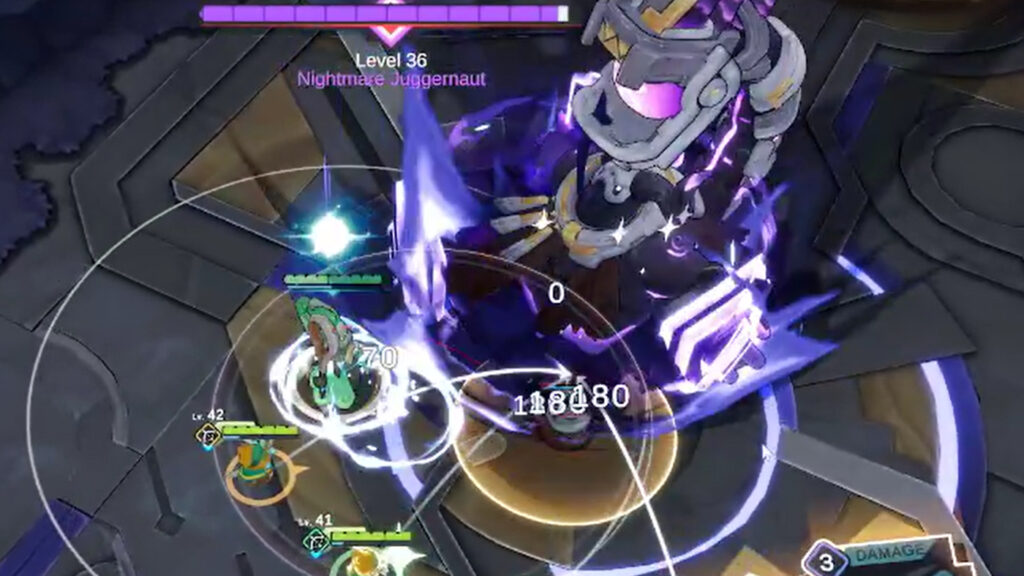
Cheng lays out a few key dates in the Apeiron roadmap:
- “Around the second week of April, season 2 will launch”
- “Season 3 is PvP. That will be launched, I guess, towards the end of May.”
- “We’ll decide whether to do the token launch with it or with the [full] game.”
- “We are targeting the [full battler] launch to be in summer between June to August.”
- “Mobile version is either season 3 or it will be available upon the summer launch.”
“I think mobile is a must in order to reach more players and either from a listing requirement perspective or from a game balance and feedback user-loop perspective. The game was designed to be mobile.”
Cheng says in order for the game to be sustainable, it will in the first instance need an active player base of 10,000 people.
“I would call that sustainable. I wouldn’t call it successful. 10 million is what I would call success.”
He clarifies that he is shooting for 10m players who have bought into the game system, rather than 10m active monthly players. At an estimated buy-in of $50 for a new player, that’s half a billion dollars in revenue.
How Frank Cheng ended up where he is
What about his personal journey?
“I’m a pretty typical Chinese guy. My parents have great aspirations. As an opportunist – most Asians or Chinese people are – we look at what’s best out there, what’s the best job.”
That led him into banking at Goldman Sachs, then into management consulting at McKinsey, then finally into the world of venture capital.
“It was an insane amount of people I met. The stuff I learned! But also I was always a gamer, so even between the drinking and work, I was always trying to take a look at what’s out there in the games and try to play single player games, mostly. I can’t really afford to play online games. I’m highly addictive and competitive. I have to play single-player games, otherwise I’ll get sucked in.”
Cheng says that despite the pressure of leading a game through development, and the uncertainty of not really knowing how it will land with players, he is in his element.
“It’s something I truly enjoy. Even [using a] notebook to scratch up game designs, talking with game developers and meeting game developers and seeing many interesting new characters … and talking to them, learning about their labs. It’s very interesting and, no matter how new and difficult it may be, it keeps me energized.”
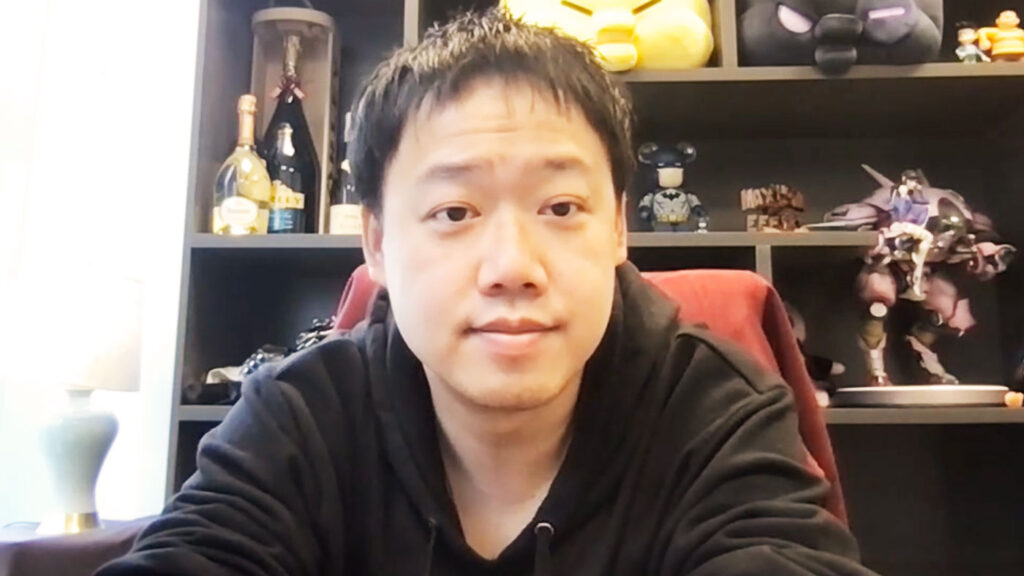
Correction: An earlier version of this story incorrectly reported that the full game of Apeiron would launch “this summer” (northern hemisphere). It is only the battle mode of Apeiron that will launch within that time period.
This interview with Frank Cheng will feature in the upcoming Key Characters podcast. To keep up with Polemos’ news and features on the world of blockchain gaming, sign up to our newsletter.

